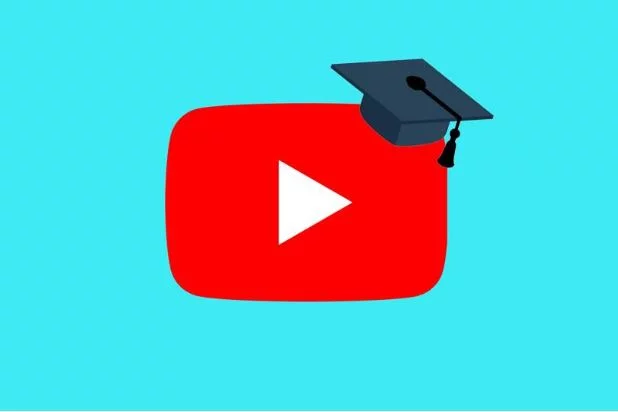Internet, Technology November 12, 2018
Short Link:YouTube’s spending millions on how-to videos so you trust it again
The video giant has announced it’ll provide a chunk of funding for educational content, but is a new focus on learning enough to deflect the criticism its facing?
Ariana News Agency– On Monday, YouTube announced plans to spend $20 million (£15.4 million) on educational content; a substantial sum that’ll see money given to independent creators, alongside a handful of news sites and online learning firms.
Pitched by YouTube boss Susan Wojcicki as a way to bolster “high quality learning content,” the investment includes a new fund for YouTubers, as well as a dedicated channel called Learning. To people give a taste of what to expect, YouTube revealed that the YouTube channels TED-ed – centred on educational TED talks – and Hank and John Green’s Crash Course have both secured unspecified amounts of funding.
Education, education, education. YouTube has long been a resource for the self-taught, and the sheer vastness of Google’s search means it finds itself lecturing on everything from canoeing to sex ed; a Borgesian library with ‘hit subscribe’ carved on the crest. But the site’s authority as a reliable source of information has also been undercut as of late, by algorithms that churn out cartoon cannibalism to children, not to mention the struggle to stop the spread of conspiracy theories and misinformation. Is the investment in education a step in the right direction, or a further shuffle towards a teaching landscape influenced by the machinery of big tech?
“This is a difficult area,” says professor Rose Luckin, from UCL’s Institute of Education. “For a lot of the big tech companies, they can give the impression of doing something charitable, but we always have to be wary about the ethics of what’s happening. We need them to guarantee that no harm will come from anyone that views the material, because that’s what education is about.”
YouTube’s interest in education has spiked over the past year. Speaking at a ReCode event in February, Wojcicki indicated educational videos were a growing area of interest for the company. In July, the site launched its YouTube Learning initiative, with a dedicated engineering team for education features. YouTube has now opened applications for its Learning Fund, promising support to creators making educational, multi-session videos.
Importantly, this growth has come alongside mounting criticism over YouTube’s ability to filter hoaxes, conspiracy theories and inappropriate content. The site is trying everything from linking to Wikipedia pages to investing in channels that promote greater media literacy, but it’s still fighting the spread of misinformation. Greater curation of educational content seems like a fitting response, and the Learning channel could be a controlled space free from nightmarish Peppa Pig clips and flat-earth theories, but is it enough?
For starters, there’s the lingering question of authority. Applicants for the Learning Fund need to fill out a form with details about their organisation and project, but how does YouTube ensure its creators know what they’re talking about? Would someone making an educational video about climate change need to have a degree in climate science to be supported? Seemingly not.


